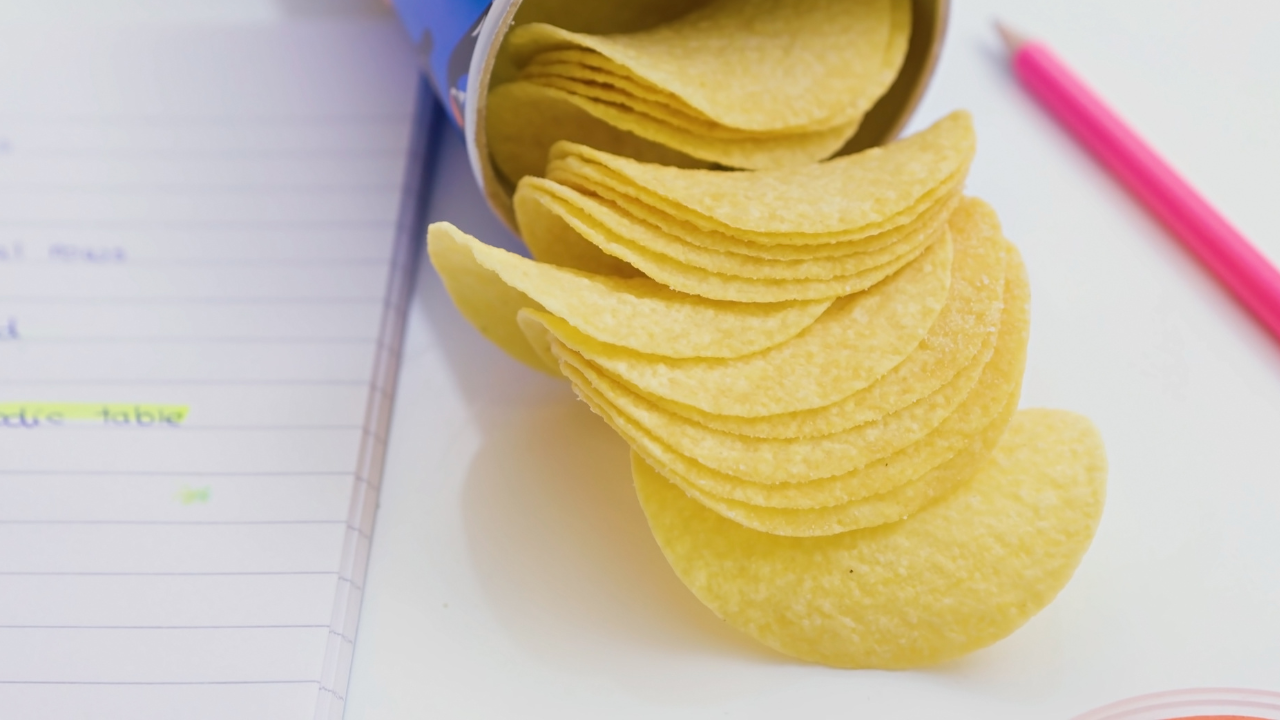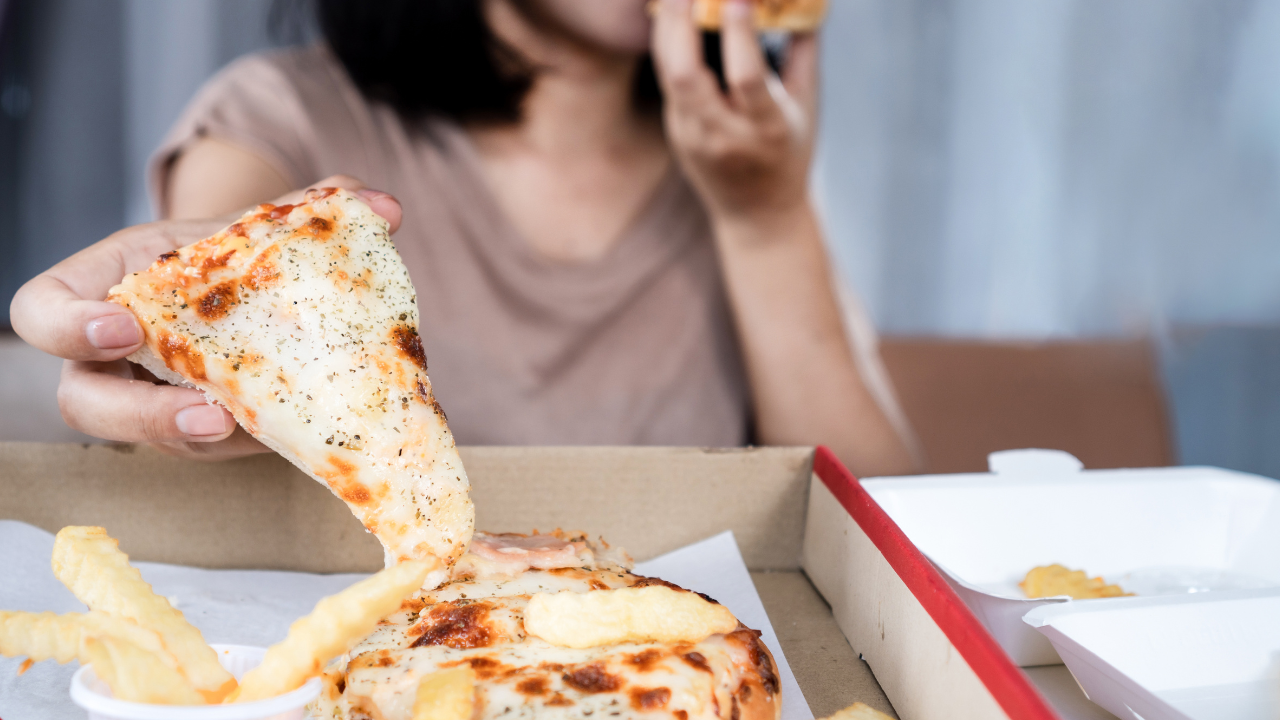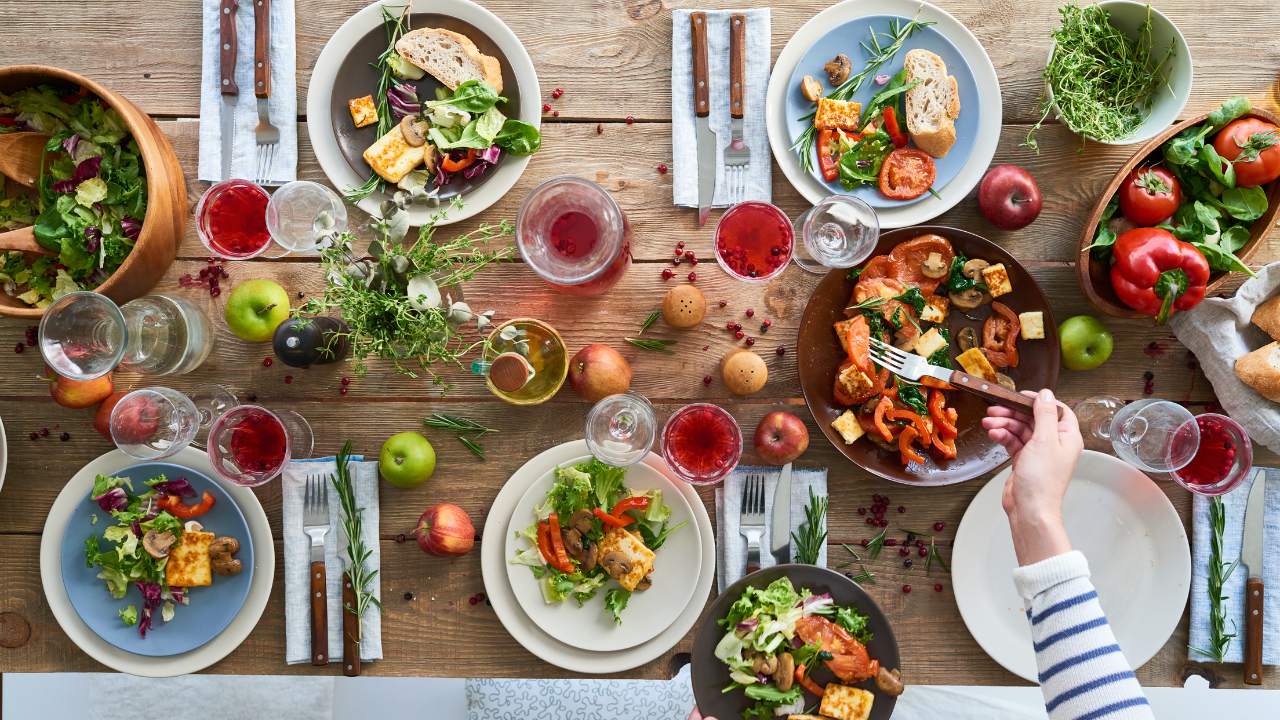Cheat days don’t work—this does

There’s something innately human about transgression. For centuries, people have found power—and even freedom—in breaking rules.
Sneaking out past curfew. Saying the thing you weren’t “supposed” to say. Eating the thing you “shouldn’t.”
There’s a thrill to coloring outside the lines because doing what you’re not supposed to do is a reminder that you have choice.
Food taps into that same wiring. And that’s not a bad thing—it’s part of what makes us human. The key is understanding how to channel that instinct in a way that actually supports your health instead of sabotaging it.
Because when you upgrade your nutrition foundation: those same “forbidden” foods stop holding the same power over you.
The innate appeal of transgression
Transgression isn’t just about food—it’s about the story we tell ourselves.
That sense of rebellion, that flash of freedom, that dopamine hit—it’s primal. And, for much of human history, finding calorie-dense food meant survival.
Today, that same wiring gets hijacked.
Modern, processed, foods are engineered to be hyper-palatable, with sugar, fat, and salt layered in just the right ratios to override satiety and keep you coming back for more.
And, when your nutrition foundation is shaky, those foods don’t just tempt you—they own you. Some brands even brag about this—Pringles, for example, highlights it with their tagline: “Once you pop, you can’t stop!”
Diet culture has capitalized on our primal drive for transgressions, dangling the idea of “cheat days” as a built-in hall pass. It sounds harmless—helpful, even—but in reality, it’s a trap...

Why the concept of “cheat days” miss the mark
-
They reinforce the wrong story. Calling something a “cheat” keeps you stuck in a cycle where healthy eating feels like deprivation and indulgence feels like the prize.
-
They ignore the inflammatory cost. Most “cheat foods”—fast food, fried snacks, sugary desserts—are highly inflammatory. Even a small amount can trigger low-grade inflammation that can linger for days, quietly impacting your energy, focus, digestion, and recovery.
Without a strong nutrition foundation, you’ll never make that connection. -
They block real change. “Cheating” only exists when you’re following rules you didn’t create.
Sustainable change happens when you stop seeing food as a system to beat and start seeing it as a source of information and empowerment.
Take my client, David, for example.
Before we worked together, his Mondays were always really rough: headaches, sluggishness, and irritability. He thought it was just the result of “weekend burnout.” But the truth was that his Saturday “cheat meals”—fried wings, beer, and a pint of ice cream—were sparking an inflammatory cascade that lingered for days.
Once he rebuilt his foundation, something remarkable happened: not only did those foods lose their grip, but he started to notice how much better his body—and mind—felt when he skipped them. Now, his version of indulgence is a craft burger with a side salad and a glass of really good wine, followed by some his favorite dark chocolate. Same sense of rebellion, but in a way that leaves him feeling energized and ready for the week ahead instead of wrecked.
How it's different when you upgrade your nutrition foundation
When you balance your blood sugar, dial down inflammation, and nourish your gut, everything shifts:
-
Your palate sharpens. Real food starts tasting better—more vibrant, more complex. That syrupy soda or chalky candy bar? Those 'foods' suddenly tastes fake or sickly sweet...or the mouth feel is just off and simply no longer appeals.
-
Your body keeps score. When you know what steady energy and clear focus feel like, the aftermath of old indulgences—a sugar crash, brain fog, bloating—becomes a cost you’re rarely willing to pay.
-
Your cravings recalibrate. You may still crave sugar or salt sometimes, but what you crave and how you satisfy that craving becomes more intentional.
-
Your choices feel free, not forced. You’re no longer “cheating.” You’re choosing—because you understand how food makes you feel, and you want to feel good.

Another client example: shifting from mindless to mindful
When I first started working with Carol, her stress-fueled “treats” were pizza, several glasses of white wine, and more cheese - that was her weakness. She told herself she “deserved it,” but the aftermath (which she attributed to stress) was always the same: poor sleep, grogginess, and frustration (and shame) about the weight around her mid-section that she just couldn't lose.
Three months later, everything has changed. With her blood sugar stabilized, her energy restored, and her digestion humming, those same foods lost their grip.
Now, her go-to stress relief is a walk with her dog (whatever the weather), followed by dinner- now a healthy protein paired lots of crunchy vegetables (which she learned to love after eliminating other artificially flavored 'foods'), followed by a little sheep/goat cheese which she now knows is easier for her to digest, and therefore doesn't keep her awake.
Same instinct to transgress. Completely different outcome—now she's being intentional, and is free from her old, frustrating, unproductive, cycle.

Upgrade your transgressions: a practical guide
-
Pause before you indulge
Ask yourself: Is this what I really want, or is this just habit? That pause creates space to choose, not react. -
Choose quality over quantity
Go for the best version of what you’re craving. A grass-fed organic burger from your favorite gourmet burger place beats processed, fast-food every time. -
Pair it with protein or fiber
Blunt the blood sugar spike by combining indulgence with balance. Think: dark chocolate with almonds or wine sipped with a protein-rich meal. -
Slow down to savor
Eat slowly enough to actually taste your food. When you tune in to texture, flavor, and aroma, your brain registers satisfaction sooner—and you’re far less likely to overdo it. -
Make it an occasion, not an accident
Turn your indulgence into an intentional ritual. Good company, a beautiful plate, a cozy setting—these small shifts make the experience more satisfying. -
Reflect without judgment
Afterward, check in: how do you feel? Energized and content? Great. Sluggish or bloated? That’s useful data—not a reason for shame.
Why this matters for your heart health
When you practice informed, mindful indulgence, you’re doing more than upgrading your relationship with food—you’re protecting your long-term health.
Sustainable change doesn’t come from toggling between rigid rules and reckless abandon. It comes from shifting your palate and your physiology so that your cravings—and your choices—naturally evolve.
Keeping blood sugar steady, minimizing inflammatory triggers, and staying tuned in to your body creates a foundation for vitality and cardiovascular resilience. When your palate shifts, the entire game changes.
Food stops being a battle. Instead, your choices are driven by clarity, awareness, and the desire to feel your best—day after day.

TL;DR: Forget cheat days—choose intentional transgressions
-
Transgression is human. Breaking rules—even with food—feels powerful and freeing.
-
Cheat days are a trap. They keep you stuck in a cycle of deprivation and rebellion while quietly fueling inflammation that can derail your energy, focus, and long-term health.
-
Having a solid nutrition foundation changes everything. When you balance blood sugar, reduce inflammation, and nourish your gut, cravings recalibrate, your palate sharpens, and indulgence becomes intentional—not impulsive.
-
Freedom replaces guilt. You still enjoy transgressions, but in a way that supports your health instead of sabotaging it.
-
Your heart benefits, too. Mindful, informed indulgence keeps your blood sugar steady, inflammation low, and energy high—building resilience that lasts.


